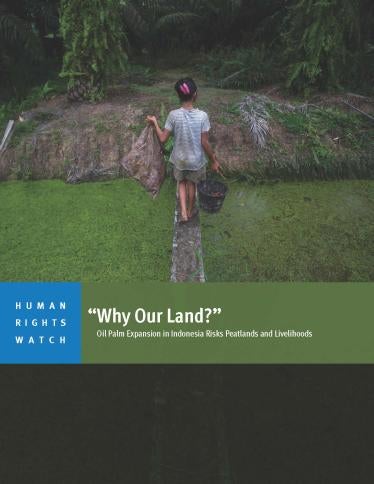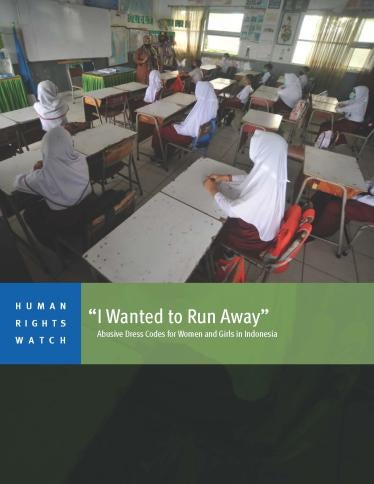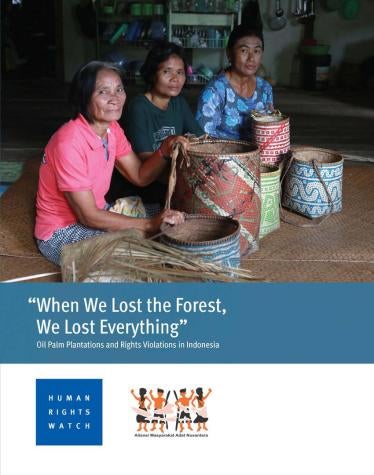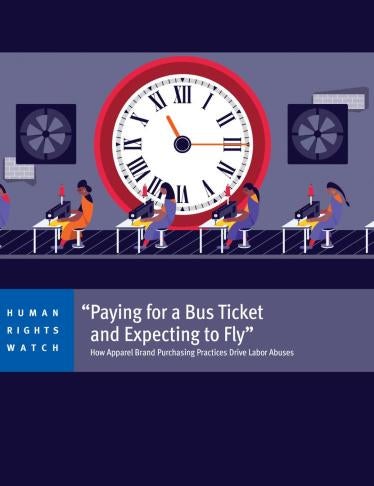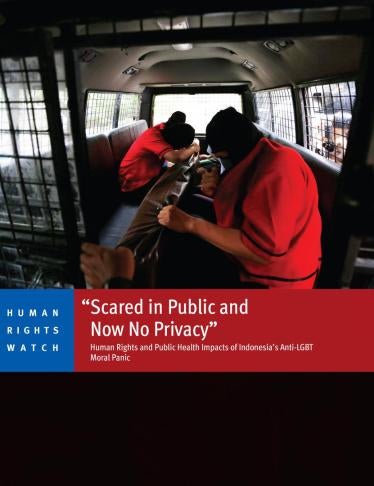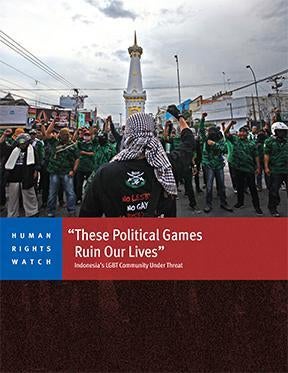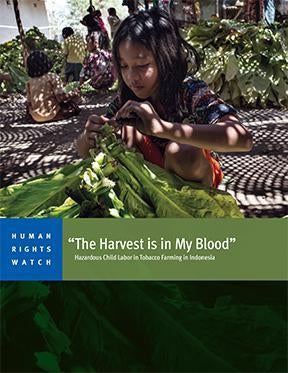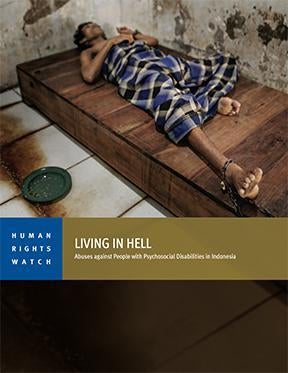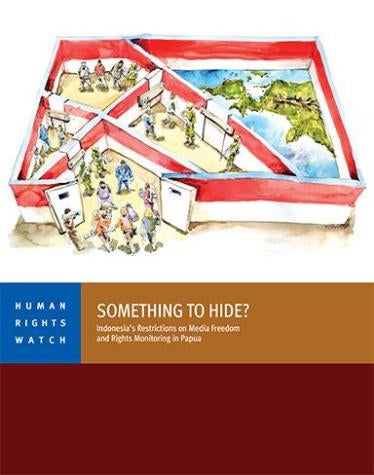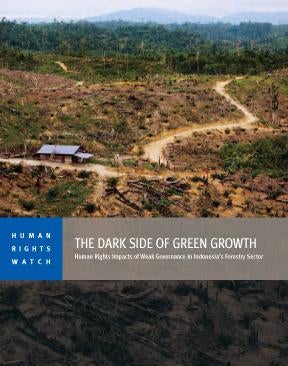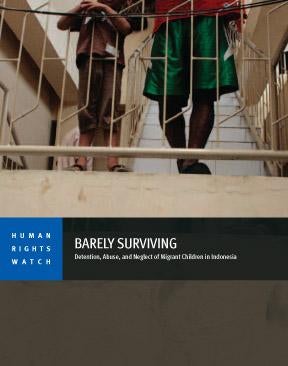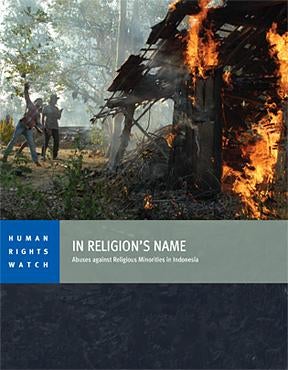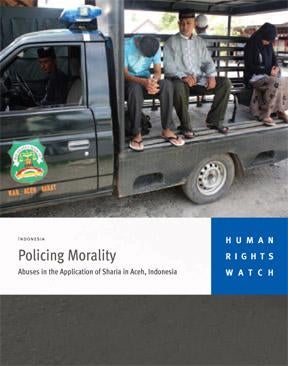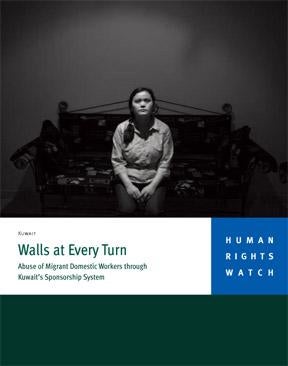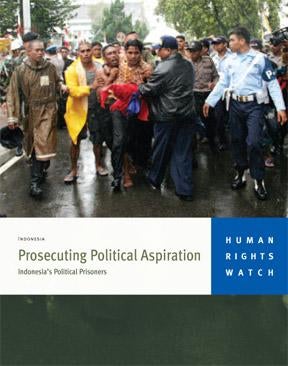“If It’s Not Racism, What Is It?”
Discrimination and Other Abuses Against Papuans in Indonesia
The 80-page report, “‘If It’s Not Racism, What Is It?’: Discrimination and Other Abuses Against Papuans in Indonesia,” finds that the protests, built around the Papuan Lives Matter social media campaign, were centered on human rights violations against Papuans, including denial of the rights to health and education, and peaceful calls for sovereignty for West Papua, where most Indigenous Papuans live. The report profiles cases of Papuan activists convicted for their role in the protests and the baseless charges brought against them.


